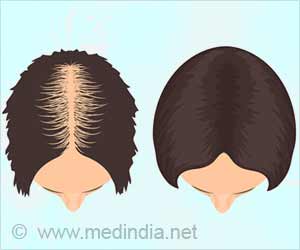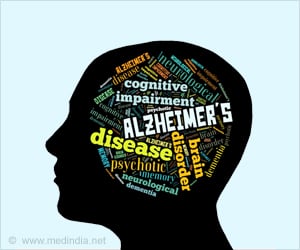Autophagy, a normal process by which cells eat their own proteins to provide needed resources to the body in times of stress, may paradoxically cause harm to hearts already weakened by disease, researchers from UT Southwestern Medical Center have found.
“In certain forms of heart disease, autophagy is taking place, but how much of it is occurring and whether it participates in disease pathogenesis is unknown,” said the study’s senior author, Dr. Joseph Hill, chief of cardiology, reporting in the July issue of the Journal of Clinical Investigation.“In our study, we found that autophagy can become harmful and lead to cellular damage.”
Autophagy is a highly regulated process that plays a normal role in cell function. It appears to be an adaptive response that protects the body in times of stress or starvation.
But in response to other forms of stress such as hypertension, which can lead to cardiovascular disease, autophagy might also lead to harmful changes in the heart muscle, particularly in decompensated heart failure – an inability of the muscle to function and maintain adequate blood flow, the UT Southwestern researchers reported.
In the study, Dr. Hill and his colleagues genetically engineered mice in which the autophagic response was either muted or amplified. Researchers then tested the role of autophagy by inducing heart failure in mice with the varying autophagic responses.
“Mice with amplification of autophagy fared worse in terms of cardiac stress than the mice with a muted response,” Dr. Hill said. “Severe stress leads to increased autophagic activity in heart muscle, and our findings are consistent with the notion that this response actually harms the heart.”
Advertisement
“We also found that a specific autophagic gene, beclin 1, is a critical factor required for cardiac autophagy,” said Dr. Hill, who holds the James T. Willerson, M.D., Distinguished Chair in Cardiovascular Diseases and the Frank M. Ryburn Jr. Chair in Heart Research.
Advertisement
Source-Newswise
JAY/M











